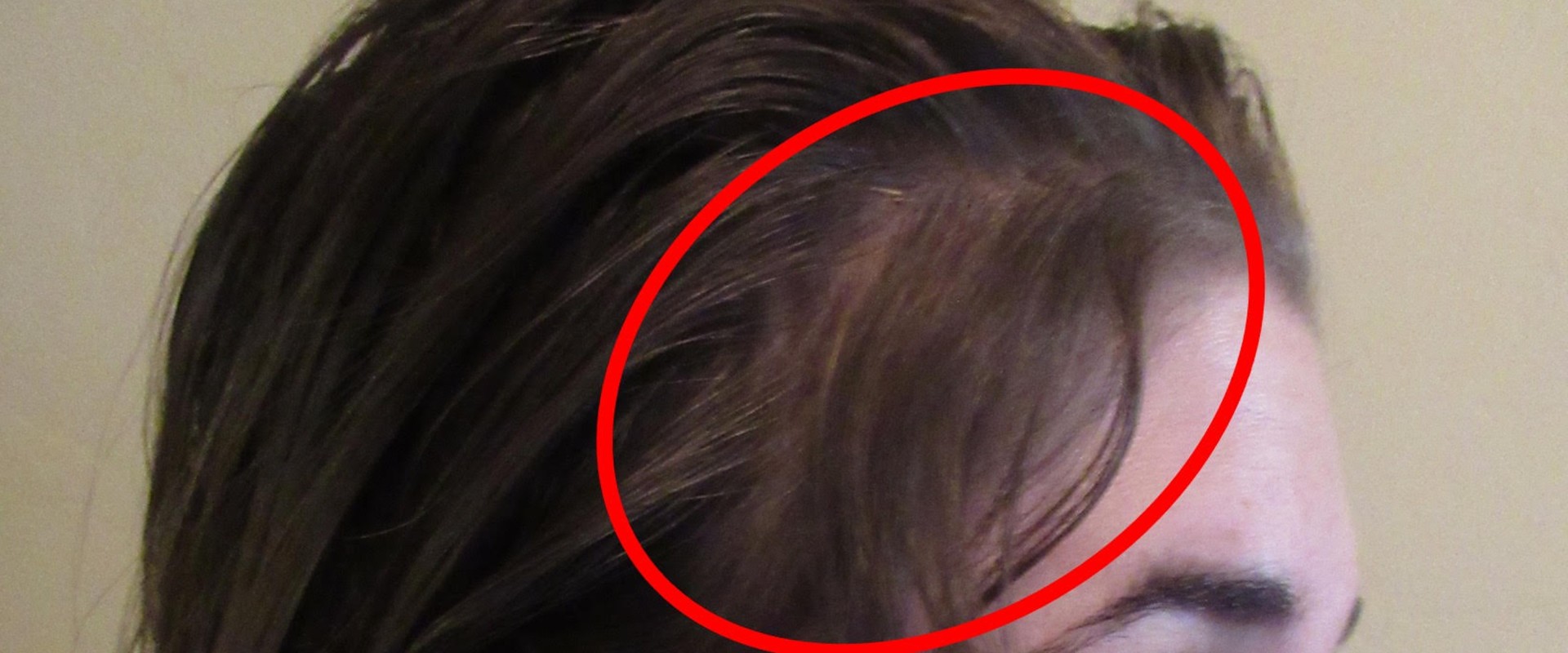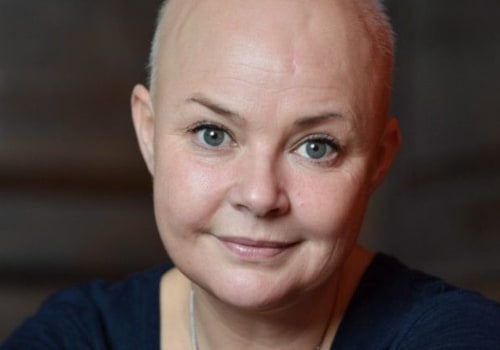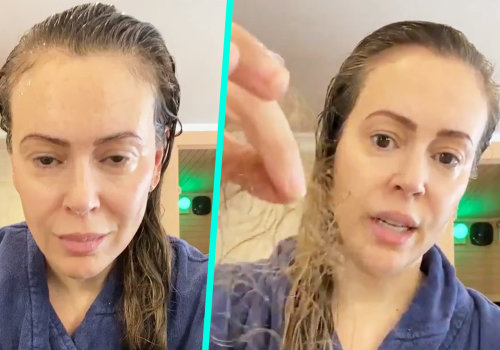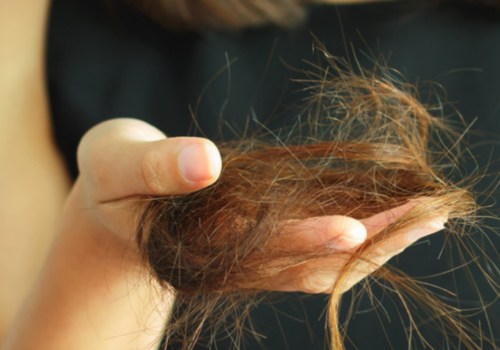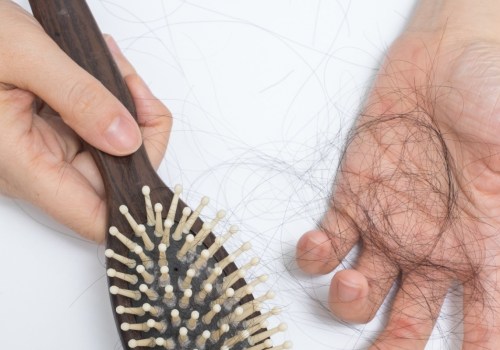Hair loss is a common condition after a sleeve gastrectomy. In most cases, iron and zinc levels are within the normal range. The variable addition (zinc+iron) is a good predictor of hair loss. Patients with addition levels below 115 are four times more susceptible to hair loss.
You may notice that more hair falls out than usual in the months after bariatric surgery. This is a normal side effect of the procedure and can occur due to the body's response to surgery, weight loss and a disturbed diet. hair loss is a common side effect of bariatric surgery. With the help of your bariatric surgeon or dietitian, you can manage your symptoms until you have a full head of hair again.
Let's take a look at some facts about this process to help you rest. hair loss after gastric sleeve surgery can occur in 30 to 40% of patients. However, this situation is merely temporary if the patient follows the advice of the bariatric surgeon. It may be impossible to prevent hair loss after bariatric surgery, as it is a natural response of the body to surgery, significant weight loss and changes in diet.
They are essential to avoid nutrient deficiencies and provide the B vitamins needed to keep hair healthy and full. Losing weight quickly, not getting enough protein and the physiological stress that your body goes through from surgery are some of the reasons patients lose hair, as well as the lack of important dietary nutrients such as zinc, biotin, potassium, vitamin B6 or phosphorus. It's natural to be frightened by the possibility of hair loss after bariatric surgery, but you really have nothing to fear. The most important thing to prevent hair loss after gastric sleeve surgery is that you need to be physically and mentally prepared for the procedure, to achieve it, you must have adequate communication with your surgeon and preferably have a clear idea of what constitutes surgery and postoperative diet after the gastric sleeve procedure.
The first 3 to 6 months after weight loss surgery are usually the hardest, as the body is recovering and adapting. Learning about the potential for hair loss and its underlying causes can help you prepare and make appropriate choices regarding supplementation and diet. If all your efforts fall short and you continue to lose hair, you may need to add more zinc to your diet. You won't lose all your hair, but you might see more on the brush or when you wash your hair.
While it can make many patients feel self-conscious and can negatively affect their self-esteem, hair loss after bariatric surgery is common and does not last longer than six months. Hair loss can also be caused by systemic diseases, such as thyroid disease and polycystic ovary syndrome (PCOS), and is influenced by genetics. Hair loss associated with weight loss surgery is called telogen effluvium and has to do with the normal cycle of hair growth. Other nutrients involved in hair loss include zinc, biotin, folate, vitamin B-6, and essential fatty acids.
Because people who have the lap band procedure lose weight gradually, they usually have less hair loss.
